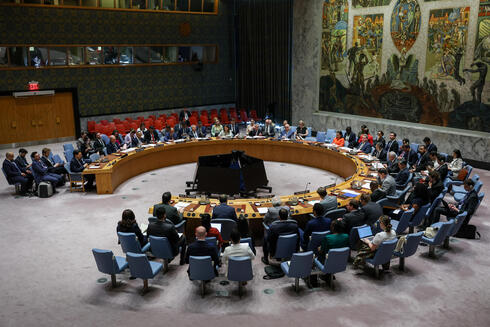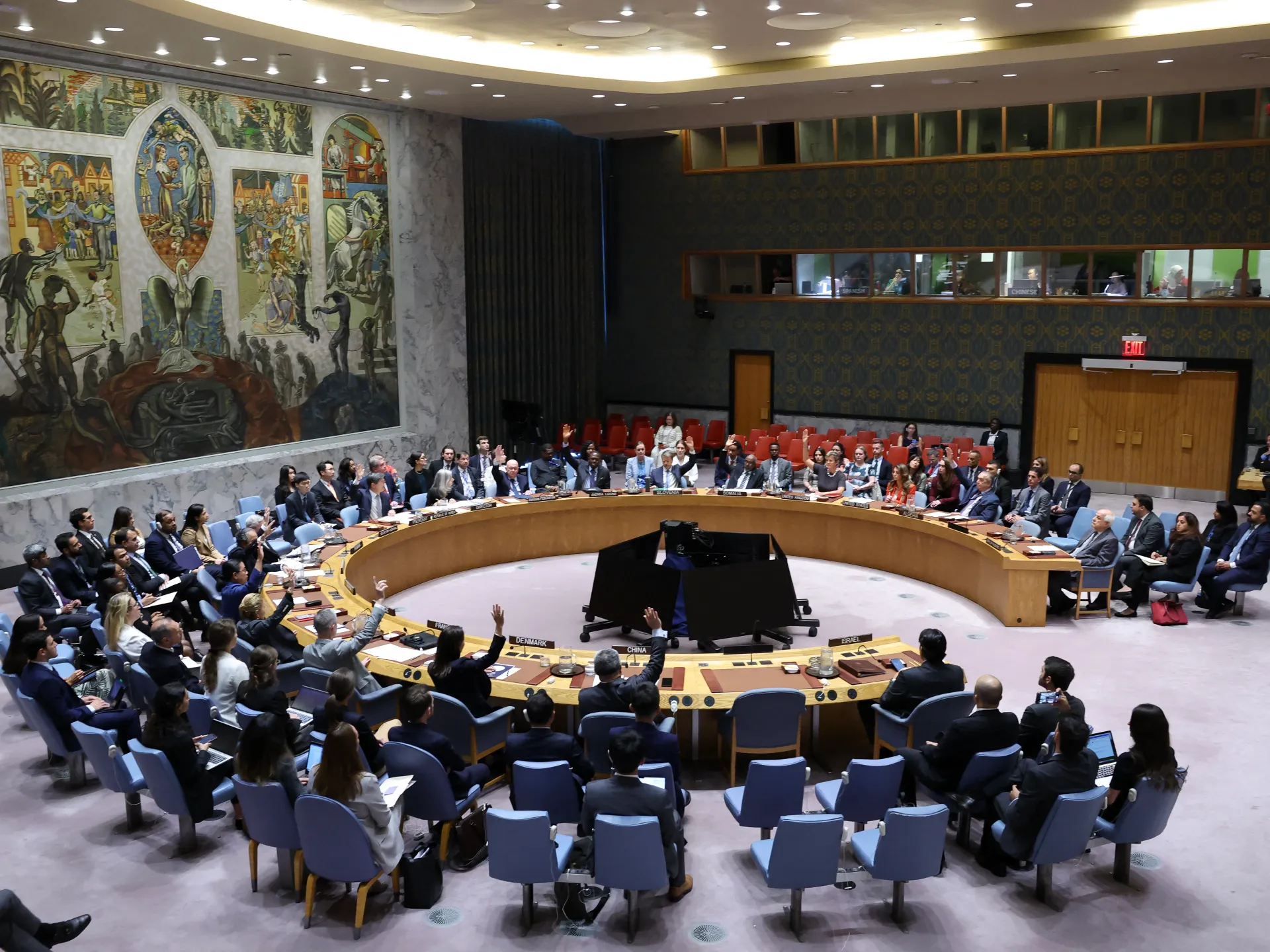Copyright ynetnews

The UN Security Council on Friday rejected a last-minute effort to delay the reimposition of international sanctions on Iran, a day before they are set to take effect under the 2015 nuclear deal with world powers. The sanctions — known as the “snapback” mechanism — will freeze Iranian assets abroad, halt arms transactions with Tehran and impose penalties on any development of its ballistic missile program, among other restrictions, further straining the country’s already battered economy. Friday’s vote came after Russia and China forced the Security Council to consider a resolution that would have granted Iran a six-month extension before the sanctions were reinstated. The measure, backed by Iran’s few remaining allies, was widely expected to fail in the 15-member council. The reimposition of sanctions follows the decision last month by Britain, France and Germany — known as the E3 — to trigger the snapback mechanism after accusing Iran of violating its commitments under the 2015 Joint Comprehensive Plan of Action. Weeks of negotiations with Iranian officials failed to yield what Western diplomats called a “concrete” agreement. Since the 30-day countdown began, Iranian Foreign Minister Abbas Araghchi held repeated talks with his French, British and German counterparts in an effort to reach a last-minute diplomatic solution ahead of this week's UN General Assembly. But those discussions were unsuccessful. “They did not produce any new developments, any new results,” a European diplomat told the Associated Press on Wednesday. European officials say they would consider extending the deadline if Iran meets specific conditions, including restarting direct negotiations with the United States, granting full access to UN nuclear inspectors, and accounting for the more than 400 kilograms (880 pounds) of highly enriched uranium it possesses — far beyond limits set by the nuclear deal. Iran is the only country without a nuclear weapons program that enriches uranium up to 60%, just short of weapons-grade levels. Earlier this month, Iran signed an agreement with the International Atomic Energy Agency, mediated by Egypt, aimed at restarting cooperation and inspections. However, Iranian officials have warned they will terminate the deal and end all cooperation with the IAEA if sanctions are reinstated. Despite those threats, a diplomat close to the IAEA confirmed Friday that inspectors remain in Iran and are currently examining a second undamaged nuclear site. Inspectors recently monitored a fuel replacement at the Bushehr Nuclear Power Plant on Aug. 27 and 28. Still, European governments say that limited access is not enough to halt the sanctions. In a social media post Friday, Araghchi blamed the E3 for failing to respond to Iran’s diplomatic efforts, saying the U.S. has “doubled down on its dictates.” He urged the Security Council to vote in favor of extending the deadline to allow more time for diplomacy. But remarks from Iran’s supreme leader, Ayatollah Ali Khamenei, ahead of this week’s General Assembly dampened hopes for a breakthrough. Khamenei said peace talks with the U.S. represent “a sheer dead end,” effectively ruling out any last-minute diplomatic overtures. The expected reimposition of sanctions this weekend threatens to further escalate tensions between Iran and the West. It remains unclear how Tehran will respond, though Iranian officials in the past have threatened to withdraw from the Nuclear Nonproliferation Treaty — a move that would mirror North Korea’s decision in 2003, after which it developed nuclear weapons.



